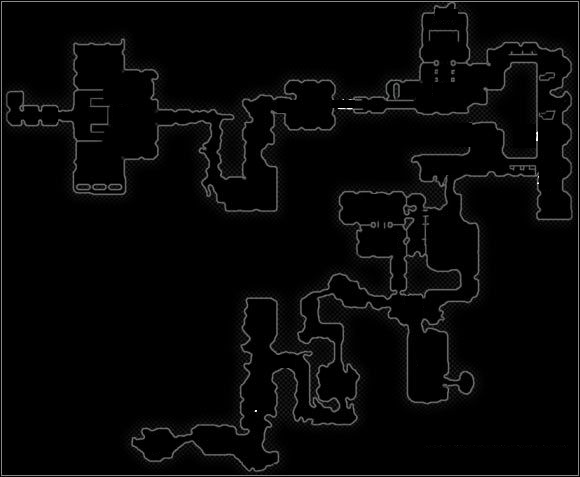Giauz Ragnacock
Scholar
- Joined
- Jul 16, 2011
- Messages
- 502
The indie marketplace just isn't ready to make games with 10 novels worth of text, 1000 different spell effects, 100 different classes and variants, a chain of hundreds of feats and special abilities, and then to make it all challenging, and then to make it all pretty as a picture on top of it. And then to turn around and refine all of that in order to make it all fun to play. If you really want a game that ticks all of those boxes for you and doesn't cut corners, you're looking at 10 million. And if you want to make use of a team of top quality people (instead of just having one big name "involved"), and so have a chance at producing a top quality game (a good team has a chance at producing a top quality game, but no guarantee; a poor quality team has no chance at all), then start moving that money bar sharply up.
The indie market favors game types that DON'T require huge amounts of upfront programming and tweaking and playtesting. It favors games where the core dynamic is simple, easily programmable, and the small handful of devs can get it all done and then spend their time refining rather than implementing. Which doesn't mean that one can't make an rpg on an indie budget, rather it means that the indie budget does not give favorable odds on making a successful rpg. Which is why most indie rpgs crash and burn.
Do we need top quality games? I think if indies could get some group cohesion to gain traction based on nice-looking '80s era crpgs' graphical quality (obviously applied more evenly now that there is enough memory for not every damn hallway and entrance looking like the last 20) and other types of games, then new programmers would have more reasonable expectations for making their own indie games (just like the intrepid early PC users on those far less powerful machines).



























